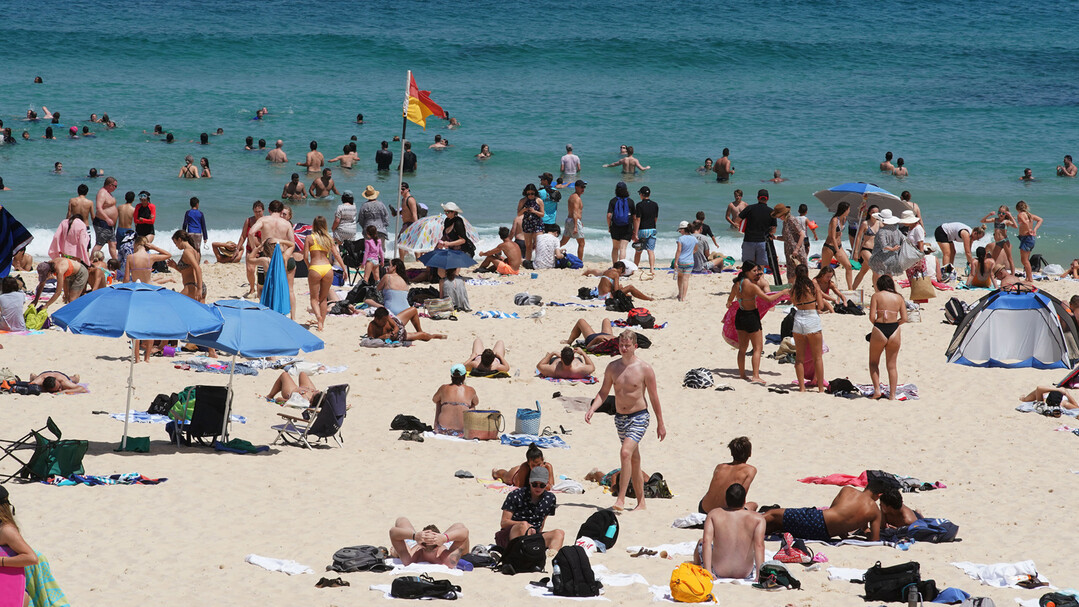
Sydney, Australia – Millions of Australians are enduring sweltering temperatures as parts of the country battle a prolonged heatwave. A milder heatwave is moving across the border into New South Wales, expected to impact most of the state's southeastern region from Sunday to Tuesday.
Sydney's residents flocked to beaches across the city on Sunday as temperatures soared to a predicted high of 29 degrees Celsius. The heat is expected to persist in the coming days, with Sydney forecast to reach 28 degrees on Monday and 30 degrees on Tuesday.
The Bureau of Meteorology has confirmed that New South Wales will experience high temperatures across much of the state, with maximum temperatures on Sunday expected to be 6-10 degrees Celsius above average.
"Maximum temperatures are forecast to range from the mid-20s to low 30s, with overnight minimums in the mid-teens," the Bureau's alert stated. "While the severe heatwave conditions have eased, a milder heatwave is expected to continue for the next few days. No further warnings are expected for this event, however, the situation will continue to be monitored and further warnings will be issued if necessary."
Health Authorities Warn of Heat-Related Illnesses
Health authorities have urged residents to take precautions to protect themselves from the heat, including:
Staying hydrated: Drink plenty of water throughout the day, even if you don't feel thirsty.
Finding shade: Spend time in cool, shaded areas.
Avoiding strenuous activity: Limit outdoor activities during the hottest part of the day.
Checking on vulnerable people: Ensure that elderly people, young children, and pets are safe and have access to cool environments.
Impact on Wildlife and Environment
The prolonged heatwave is also causing concern for wildlife and the environment. Bushfires, which are a common occurrence in Australia during hot, dry weather, pose a significant risk. Additionally, the heat can stress plants and animals, leading to increased mortality rates.
Economic Implications
The heatwave is also expected to have a significant economic impact, particularly on industries such as agriculture, tourism, and energy. Farmers are facing challenges due to water shortages and crop damage, while the tourism industry may see a decline in visitors.
Climate Change Concerns
Climate scientists have linked the increasing frequency and intensity of heatwaves to climate change. As the planet continues to warm, Australia can expect to experience more extreme weather events in the future.
[Copyright (c) Global Economic Times. All Rights Reserved.]




























